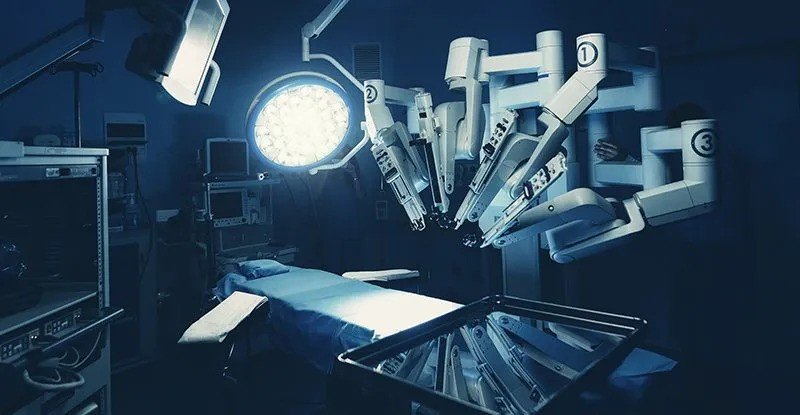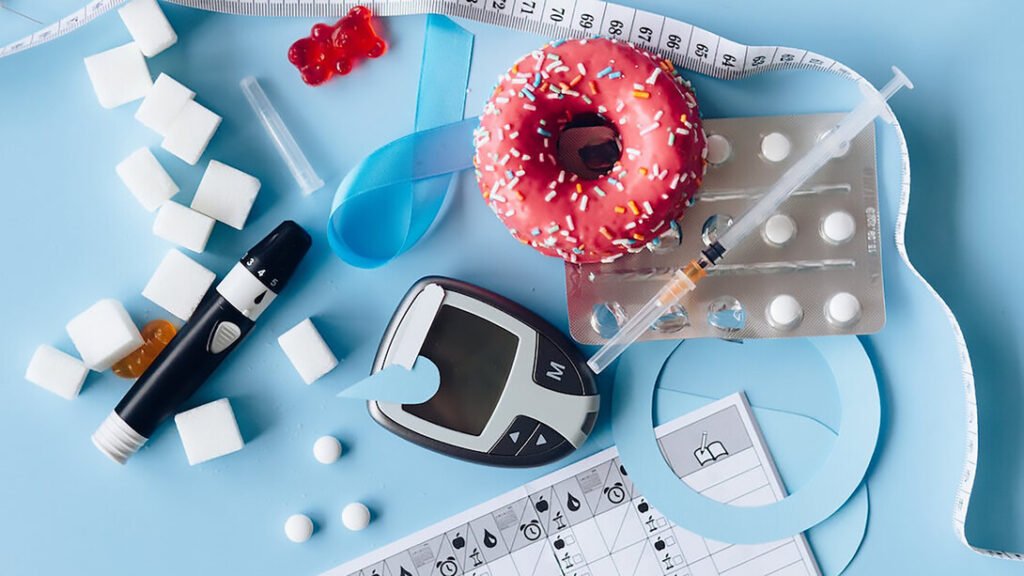The following years are expected to be a promising period where healthcare will go through various medical advances that are not only truly revolutionary but would make an impact on our relationship to medicine, disease treatment, and patient care. Let’s take a look at some of the most fascinating projects in the period 2024 to 2026:
1. Changing the Medical Sector: State-of-the-art Innovations in Robotic Surgery
Imagine a world where surgery is not only more precise but also less invasive, with faster recovery times. That’s where robotic-assisted surgery abounds.

This is just one of the many Medical Advances that will revolutionize the field of surgery. By 2024 – 2026 surgical robots will be even smaller and not as complex, thus replacing the original cutting instrument with a stiletto-like apparatus. As a result, patients will endure smaller incisions, spend less time in the hospital, and be rehabilitated faster (The Medical Futurist).
2. Diagnosis Revolution: Leveraging the Power of Artificial Intelligence in Medical Innovations
Artificial Intelligence (AI) is set to revolutionize the way we diagnose and treat diseases. The road in this direction is AI-driven diagnostics. They are now able to recognize patterns in a range of medical data from images and biopsy slides to even genomic data.

For example, AI can now determine the ferocity of some cancers with a higher degree of reliability than conventional methods, such as biopsies. This is the case as doctors can get more exact data and make more targeted plans.
AI’s capability of looking at enormous amounts of data instantaneously and with high accuracy is also a cornerstone in the prediction of patient outcomes and the personalization of treatments which in turn provide the best treatment for the patient (Sagentia).
3. Customized Directive: Leverage the Prospects of Gene Editing and Medical Innovations
The development of gene editing technologies such as CRISPR is a significant step forward in Medical Advances. This could potentially change the treatment of genetic diseases, by making therapies more potent and lessening the risk of side effects.

Think of a treatment plan that is not only specific to your DNA but also your way of life and health issues that are specifically you alone. This degree of customization will lead to better patient results and specifically those who have conditions that are hard to treat. (Medtech Spectrum). As we continue to make Medical Advances, we can expect to see even more innovative solutions to complex healthcare problems (Medtech Spectrum).
4. Transforming Diabetes Care: The Impact of Medical Advances in Diabetes Management
Diabetes sufferers are now happier as a result of the newly introduced tech. Constant glucose monitoring systems, which scrutinize the sugar levels in the blood all through the day, are now more accurate and easier to use. These devices show real time data, providing individuals the opportunity to take control of their condition and live a more relaxed life.

Moreover, CGMs are now being connected with other health technologies like insulin pumps and smartphone apps for a more thorough and smooth diabetes care approach. This might increase the optimal condition control, few complications, and thereby lead to one living a much better life (The Medical Futurist).
5. Revolutionizing Remote Healthcare: The Power of Telemedicine and Medical Advances
Telemedicine which came into practice during the pandemic, provided the fact that online healthcare is not only practical but satisfactory also, this trend will just strengthen. The following decades will see telemedicine becoming more efficient with improved video consultations, remote monitoring devices, and AI-driven diagnostic tools.
Thanks to this, patients will have the opportunity to get top-notch medical treatment successfully from their homes which is particularly advantageous for people residing far away or with limited mobility.

On top of that, the disintegration of healthcare, as fostered by telemedicine, will enable the delivery of services to underprivileged and underserved areas, thereby making sure that a larger number of people have access to the required care (Sagentia).
Embracing the Future of Healthcare: The Transformative Power of Medical Advances
These innovations are part of a broader shift towards making healthcare more accessible, personalized, and effective. Regardless of whether through more advanced surgical robots, AI-powered diagnostics, or personalized treatments, the future of medicine is dedicated to patient-saving as well as healthcare efficiency.
By adapting to the new technologies, we are heading toward a world where everyone can receive the optimum care, wherever they are and whatever condition they are with. The future certainly looks brighter for healthcare, and these developments are just ushering in a new era.

Leave a Reply